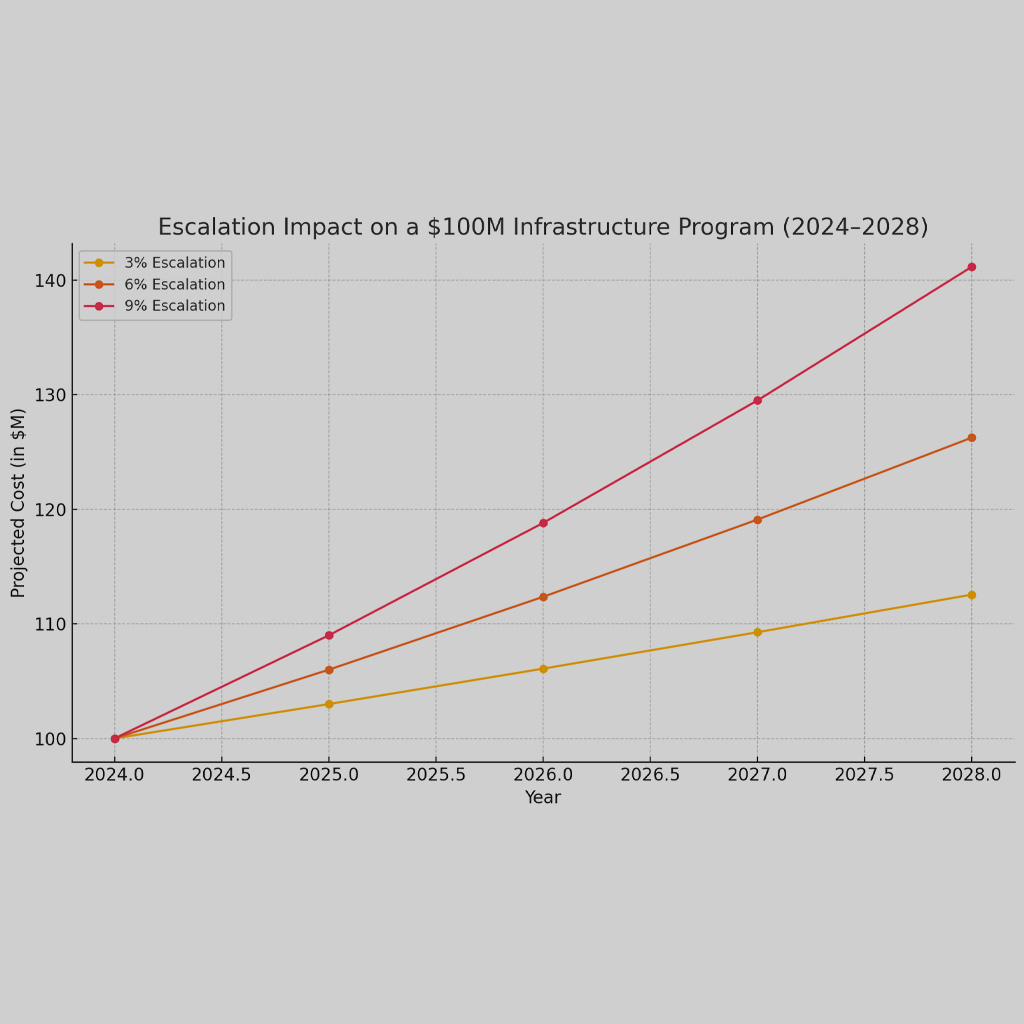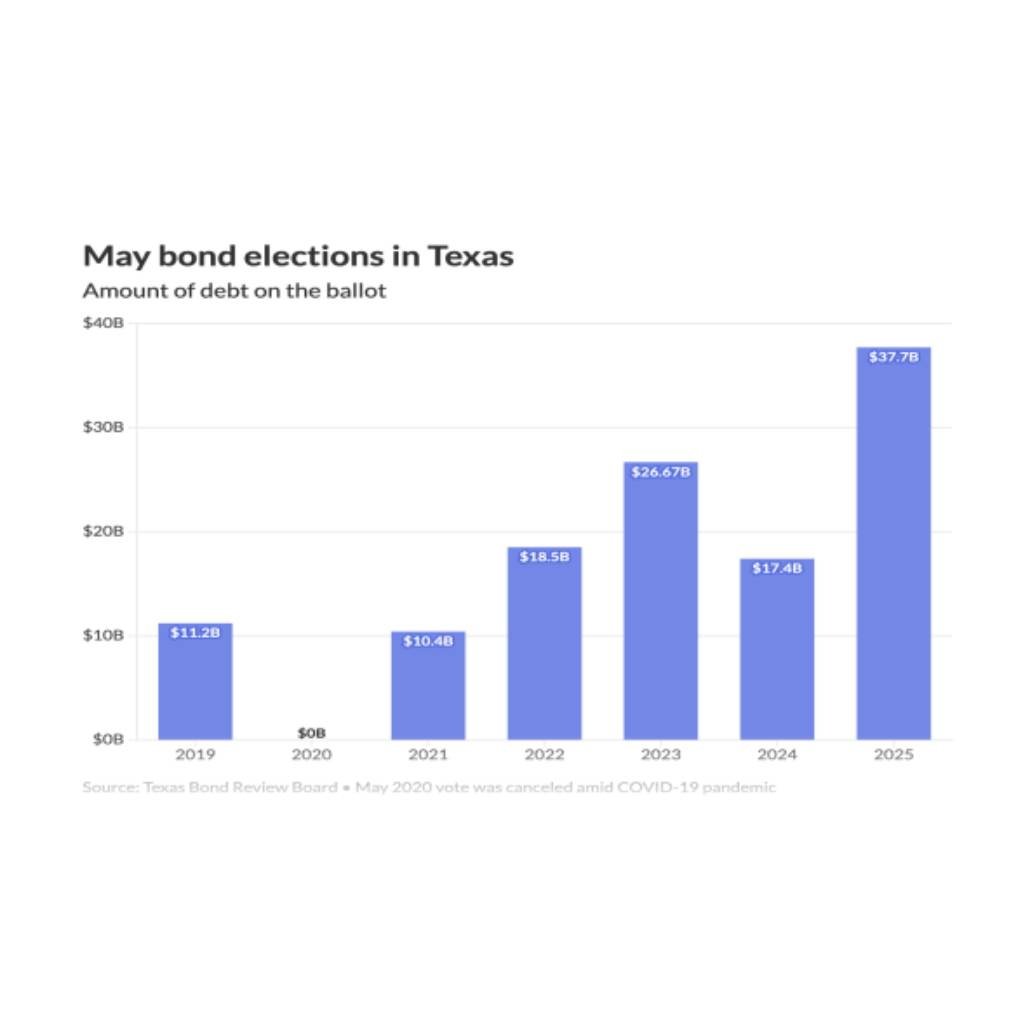Navigating the intricate dynamics of public infrastructure development often requires a careful blend of foresight, strategy, and community engagement. A recent article published by El Paso Matters on November 4, 2022, sheds light on this process, detailing the deliberations of the El Paso County Commissioners over a sizable $200 million bond program. The openness and engagement apparent in these discussions underscore the ongoing commitment to transparent governance in El Paso County, which stands as a testament to democratic values and principles. With this illuminating piece as a foundation, the following analysis aims to explore the opportunities, challenges, and strategic considerations that come with such a substantial bond program.
The article outlines that the bond program’s primary purpose is to fund crucial infrastructure projects, which typically include new construction or major improvements to existing facilities. This kind of public expenditure is essential for many communities. Given the significant economic setbacks caused by the ongoing pandemic, infrastructure investment can serve as a stimulant to local economies, by creating jobs, revitalizing communities, and improving residents’ overall quality of life. The County’s investment in these projects can be seen as an affirmative action towards future-proofing the region and its socio-economic fabric.
However, the decision to embark on a $200 million bond program is not without its challenges. The process of bond issuance, for instance, often involves complex considerations. Interest rates, repayment periods, and the broader economic landscape can all significantly impact a bond program’s feasibility and success. It is therefore of paramount importance to carefully assess these variables and potential risks.
Moreover, it is critical to ensure that the projects funded through this bond program are indeed of high value to the community and are not just expensive symbols of progress. A rigorous project selection and prioritization process is therefore crucial, not only to ensure the maximum return on investment but also to foster public trust and support.
To further strengthen the bond program, a comprehensive and transparent communication strategy is imperative. This strategy should ensure that residents understand the purpose and benefits of the proposed bond, how it will be financed, and the impact on their taxes, if any. This understanding will promote transparency, instill trust, and encourage community engagement.
Another factor to consider is the management of these funds. As with any large-scale program, robust program management strategies should be in place to ensure that the bond funds are properly allocated, and projects are efficiently executed. This involves careful planning, diligent monitoring, and consistent reporting to maintain the bond program’s integrity and deliver on promises made to the community.
Finally, while the article mentions that the bond program could potentially be broken down into multiple issuances, I would recommend a phased approach to the bond program. This approach allows the county to better manage risk, maintain financial flexibility, and make necessary adjustments based on the actual performance of the bond program and the changing needs of the community.
To conclude, the El Paso County Commissioners’ consideration of a $200 million bond program represents a promising step towards bolstering local infrastructure and revitalizing the community. While this endeavor is not devoid of challenges, a strategic approach that incorporates thorough risk assessment, robust program management, transparent communication, and community engagement can significantly enhance the bond program’s success.
As a Capital Improvement Bond Program Management Consultant, I look forward to observing how this initiative evolves and potentially providing guidance to make the bond program a success.
To summarize, the proposed $200 million bond program in El Paso County represents a potentially transformative investment in local infrastructure and the community. In the light of my assessment, here is a summary of the key points raised:
Infrastructure Investment as Economic Stimulus: In the aftermath of the pandemic, infrastructure investment can serve as a stimulant to local economies by creating jobs, revitalizing communities, and enhancing the quality of life of residents.
Complexity of Bond Issuance: The process of bond issuance involves a careful consideration of factors such as interest rates, repayment periods, and the broader economic landscape, which can significantly impact the bond program’s feasibility and success.
High-Value Project Selection: It is crucial to ensure the projects funded through the bond program are of high value to the community, necessitating a rigorous project selection and prioritization process.
Transparent Communication Strategy: A comprehensive communication strategy can foster public understanding, instill trust, and encourage community engagement by clearly explaining the bond’s purpose, financing, and potential tax impact.
Robust Program Management: With any large-scale program, robust management strategies should be in place to ensure that bond funds are properly allocated, and projects are efficiently executed.
Phased Approach: Breaking down the bond program into multiple issuances via a phased approach allows for better risk management, maintains financial flexibility, and allows for adjustments based on actual performance and changing community needs.
In conclusion, while the initiative comes with its fair share of challenges, it also carries the potential for significant socio-economic benefits. A strategic approach that balances risk, program management, transparency, and community engagement can optimize the chances for the bond program’s success. As observers and potential contributors to this endeavor, we keenly await the unfolding of this transformative journey.
At Front Line Advisory Group, we are pioneers in Capital Improvement Bond Management, leveraging unparalleled expertise and deep industry insights. Our mission extends beyond consultation – we empower our clients to realize the full potential of their investments, ensuring tax dollars are put to maximum use through astute Program Management Consulting. For more information or to commence your journey towards transformative bond management, reach out to us at info@frontlineadvisorygroup.com
For further information please see:
https://elpasomatters.org/2022/11/04/el-paso-texas-county-commissioners-consider-200-million-in-bonds/
https://elpasomatters.org/2023/01/09/el-paso-texas-county-commissioners-again-consider-bonds-tax-notes/













